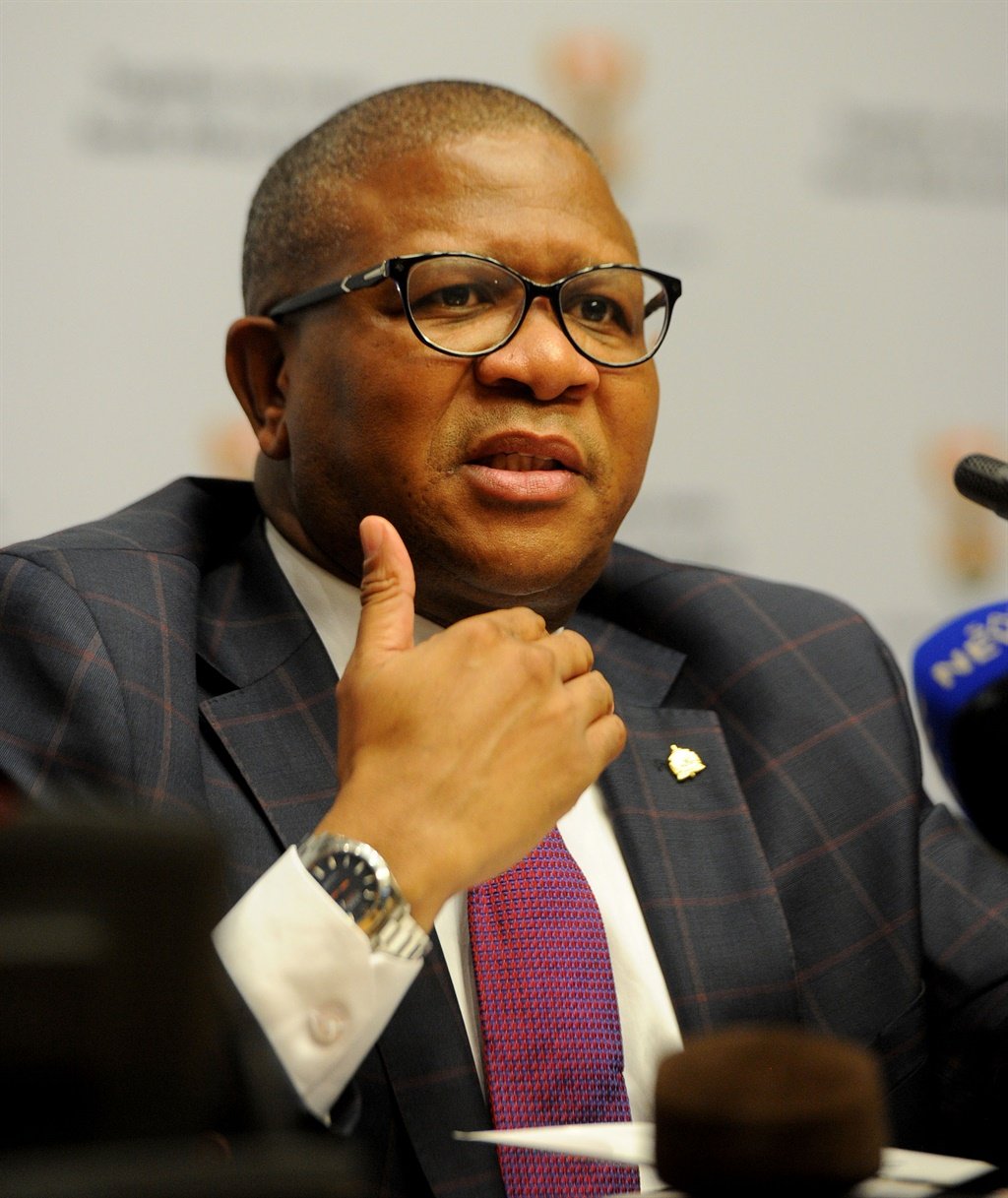
Mbalula’s Prasa-administration announcement is welcomed by Scopa
Transport Minister Fikile Mbalula’s announcement that he had decided to place state-owned Passenger Rail Agency of South Africa under administration with immediate effect has been welcomed by the Standing Committee on Public Accounts.
Mbalula today announced via Twitter that he had dissolved the interim board, and had appointed Bongisizwe Mpondo, managing director and founder of transport company Safiri, as the administrator of Prasa.
Scopa welcomed the dissolution of Prasa’s interim board and also the move to place the state-owned entity under administration.
“Following the hearing Scopa held with Prasa on November 20 as a result of the disclaimed audit opinion the entity received for the 2018/19 financial year, which was a regression from prior years, it became clear that the interim board was failing on accountability and bringing stability in the entity,” Scopa chairperson Mkhuleko Hlengwa said in a statement today.
“During the hearing with the now dissolved interim board, it became clear that the root causes of the challenges plaguing Prasa were not being dealt with. Scopa believes that the decision taken by the minister of transport to place Prasa under administration is the first step towards bringing stability at the agency.”
Mbalula’s announcement came on the heels of President Cyril Ramaphosa’s comments on state-owned entities bailouts coming to an end.
In his newsletter to the nation this morning, Ramaphosa said a vital part of his administration’s efforts to turn around these entities is to reduce their dependence on bailouts and guarantees from government.
“For too long, the South African taxpayer has been funding inefficiency and mismanagement in SOEs. This is coming to an end,” he said.
Ramaphosa was clear that the state would retain ownership of those state-owned enterprises that were strategic.
“This is so that these entities are able to perform the crucial economic and developmental functions that the market would not on its own be able to perform,” he said.
He believed that all of the state-owned entities could be saved, but it would take “extraordinary effort and, in some cases, tough decisions”.